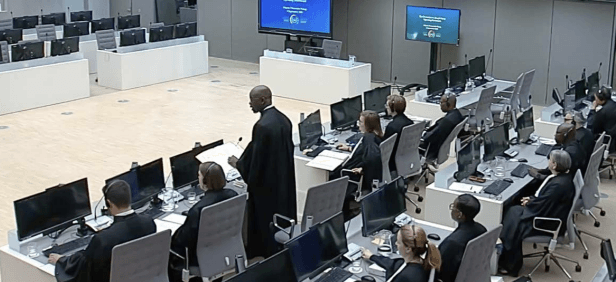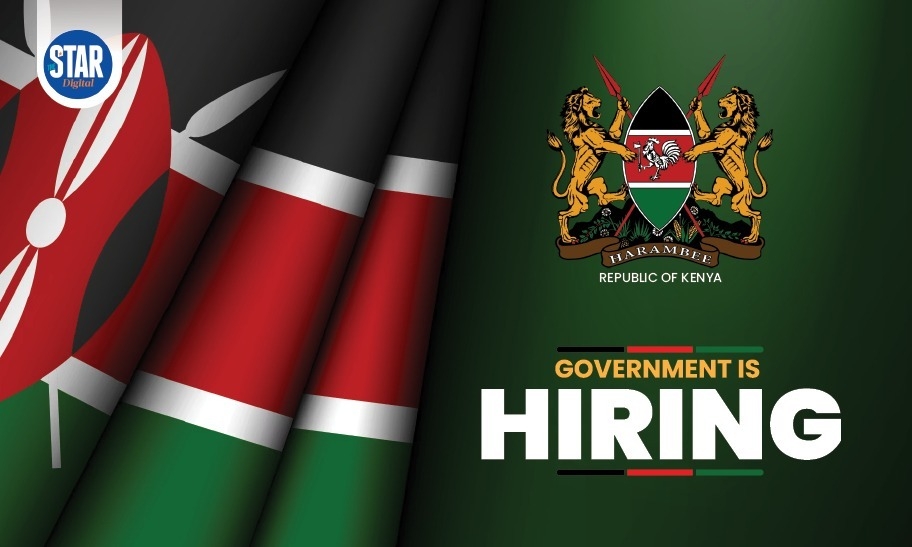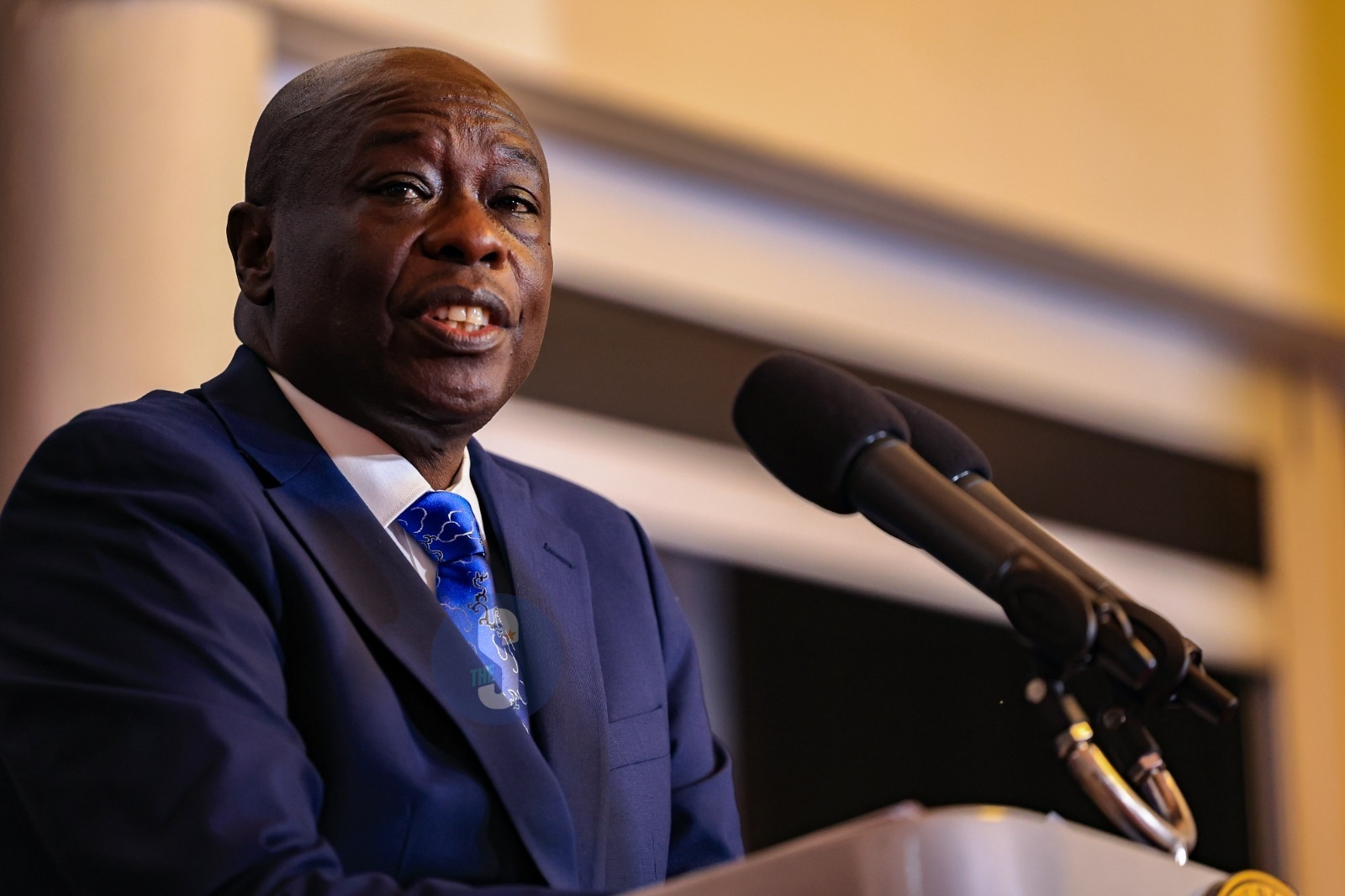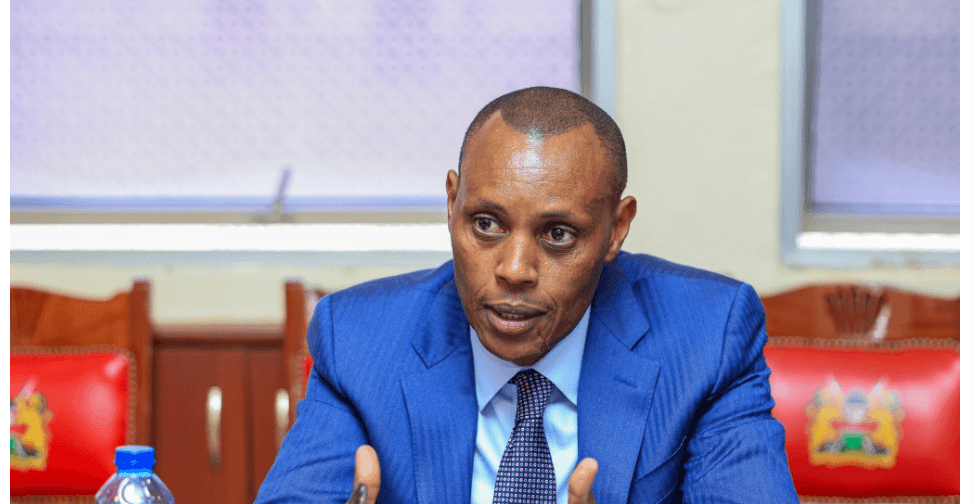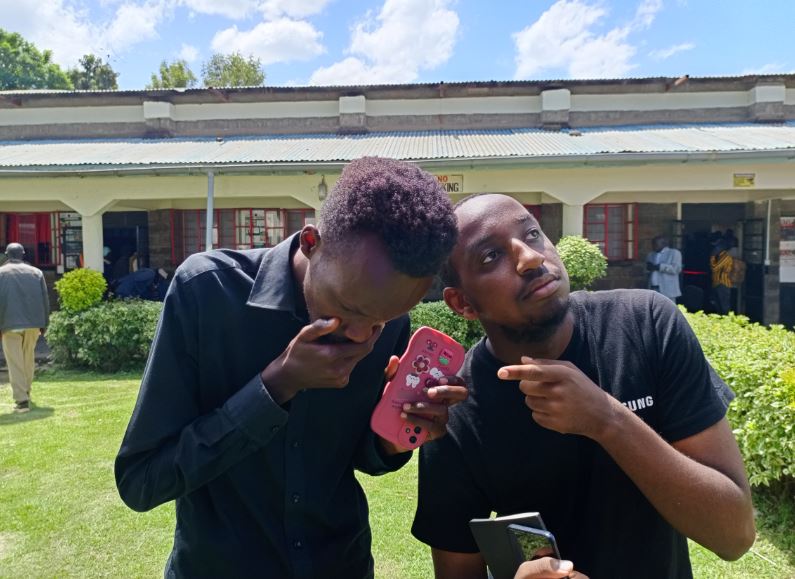
As the world marks World Radio Day, Kenya joins in celebrating the enduring power of radio as a medium of information, education, and entertainment.
With a rich history dating back to 1928, radio has played a pivotal role in shaping the nation's social, political, and cultural landscape.
Prof Chacha Babere, a historian at Laikipia University interviewed, said Kenya holds the distinction of being the first country in tropical Africa to establish a radio service. Initially serving a small European settler population, radio broadcasting gradually expanded its reach to include African audiences.
Chacha says that during World War II, radio became a crucial tool for disseminating information to families of African soldiers serving abroad.
He noted that in the years leading up to Kenya's independence, radio played a vital role in mobilising nationalist sentiments and fostering a sense of unity, while after independence, the government recognised the potential of radio as a tool for development and nation-building.
Thus, radio broadcasts were used to educate citizens on various issues, including agriculture, health, and education. However, over the years, Kenya's radio landscape has evolved significantly.
With the liberalisation of the airwaves in the 1990s, numerous private radio stations emerged, offering diverse programming and catering to different linguistic and cultural groups. Hence, today, radio remains the most accessible and widely consumed medium in Kenya, reaching even the most remote corners of the country.
Prof. Chacha noted with pride that even his small ethnic group, the Kurias of Kenya now have a radio station that broadcasts in their language right in the village.
He observed that radio being the most powerful medium due to its portability, affordability, and less demanding like TV and newspapers, which demand total attention, it can easily be listened to as wananchi perform their own chores.
Furthermore, he stated that radio has had a profound impact on Kenyan society in many ways including propagating government programs such as family planning, education, nutrition, entertainment, and of course, the ruling party’s propaganda.
On politics, Chacha notes that the former ruling party the Kanu party excelled in propaganda through radio earning friends and foes in equal measure.
Consequently, no politician, chief, or other government officials would make a mistake of not listening to one O’clock radio news, since major government pronouncements were made at that time. However, Chacha said the most enduring history of Radio in Africa is its usage by the Chama Cha Mapinduzi (CCM) party in Tanzania in promulgating unity and Ujamaa ideology that unfortunately led to the country’s slow pace of development. But he noted with concern that it took the local churches too long to appreciate the power of Radio in spreading the gospel, until the 1990s evangelical movement took the country by storm through their powerful FM stations and TV stations.
Prof. Chacha cited three Radio programmes that have had an enduring history in the country, including Bibilia Husema, which used to be broadcast from Kijabe; the School Radio by Elizabeth Omolo; and of course, Je huu ni Ungwana by the late Leonard Mambo Mbotela.
He urged FM stations to employ trained journalists to save the country from what he termed as impractical and unrealistic talks and jokes that not only embarrass the public, but also belittle the media industry in the country.
Finally, he said despite its widespread reach and impact, radio in Kenya faces various challenges including funding constraints, competition from other media outlets, and the need to adapt to the evolving technologies. However, with its unique strengths and enduring appeal, radio continues to be a vital medium for informing, educating, and entertaining Kenyans.
On this World Radio Day, Kenyans celebrate the rich history and enduring impact of radio. Meanwhile, even as the country embraces new technologies and platforms, radio remains a powerful tool for connecting communities, fostering dialogue, and shaping the future of the nation for the better.




